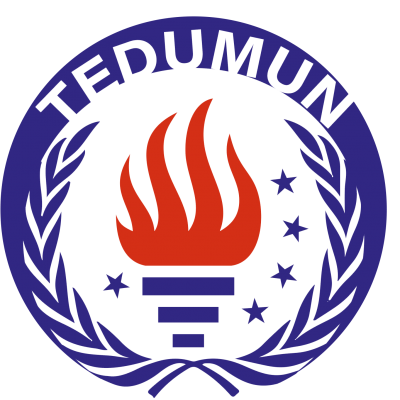
TEDUMUN'24
TED University Model United Nations Conference 2024
Konferans Ücretleri
Ek Bilgiler
If you have applied to the Chairboard, you have to fill out the form in order to complete your application: https://forms.gle/xRFk4XMGKKHFaZmV6
For any additional information, you can contact us via mun@tedu.edu.tr or on Instagram @tedumun.
Organizatörler
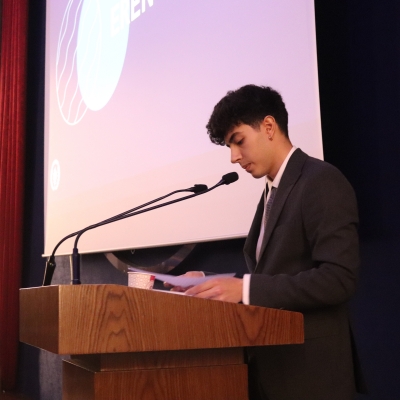
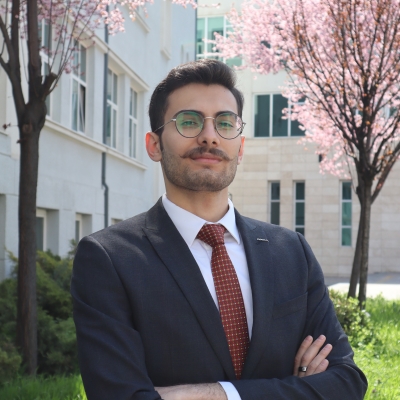
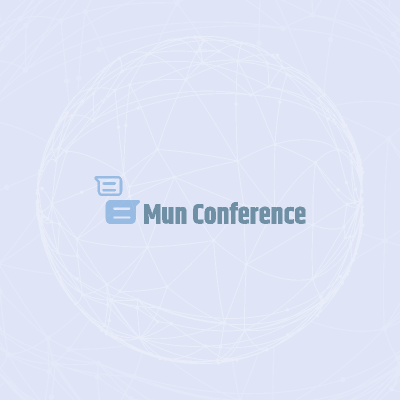

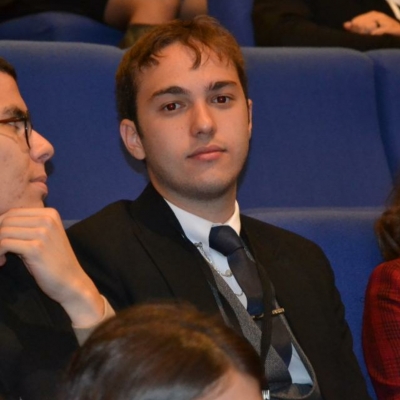

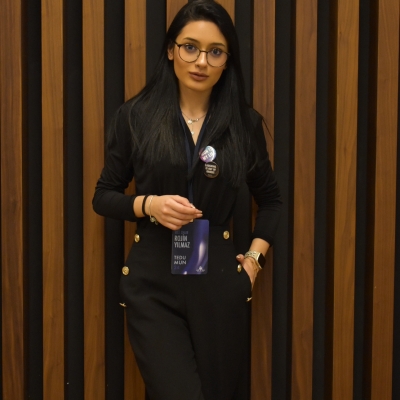


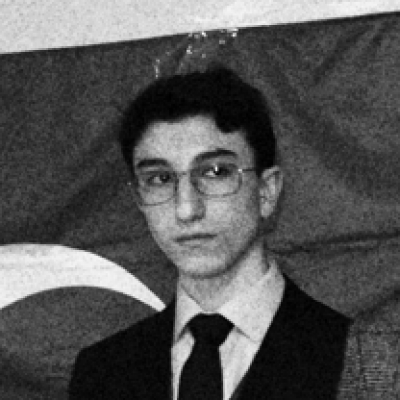
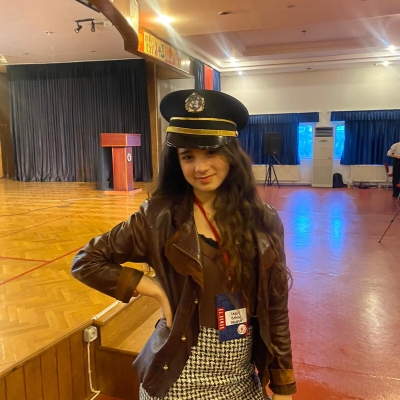


Komiteler
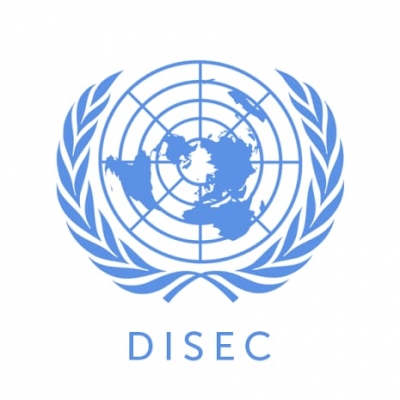
Disarmament and International Security Committee
Agenda Items:
1. Improving Cyber Security Frameworks on a National Defense Scale
2. Assessment of the Deployment and Development of AI-Supported Autonomous Weapons
The Disarmament and International Security Committee (GA1-DISEC) is an organ of the General Assembly that oversees Demilitarisation, and Disarmament International Security issues with every member state having an equal right to vote. In this meeting, delegates will discuss the topics of Improving Cyber Security Frameworks on a National Defense Scale and Assessment of the Deployment and Development of AI-Supported Autonomous Weapons. Considering the dependency of states and defense protocols on technology, also bearing in mind that advanced weaponry becoming more and more destructive; these agenda items are crucial in providing a stable international environment. Delegates are also expected to examine the ethical and legal obligations of the extensive usage of autonomous technology.
Under-Secretary-General: Burak Eren Ceyhan
Academic Assistant: Müge Kalaycıoğlu
Konferansa Gelen Yorumlar
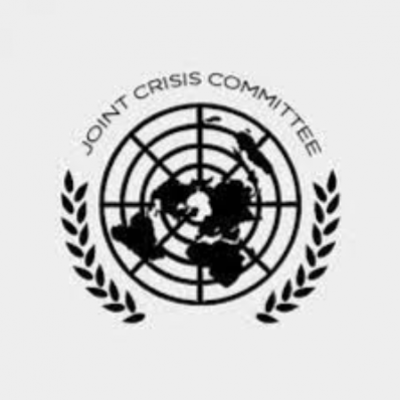
Joint Crisis Committee
Agenda Item:
1. Greek Civil War
The world is dividing into two superpowers.
On the Western side, the United States of America, the country of the capitalist dream, with its allies in Western Europe is forcing itself into Europe deeper and deeper, in an effort to contain the Soviet Union and force it to surrender, to eliminate the heretic ideology of socialism.
On the Eastern side, the Soviet Union and poor, exploited countries of Eastern Europe. Workers in these countries have suffered from capitalism, and they are seeking revenge. They are closer than ever to the revolution, the revolution to take down capitalism and build a world of justice and equality.
As a deputy of the Greek National Assembly, you have to save your country. Children of Moscow are trying to take over your country and hand it over to the will of some politicians many kilometers away. The King and the people are in need your services. Form your cabinet and save your country from the invasion of Russian pawns!
As a member of the Provisional Democratic Government, you have to hear the cries of the workers. The country lies before you, waiting for you, waiting for the revolution. Workers of Greece are responding to Marx’s call and the war machine of socialism is ready to wreak havoc in the country of olive trees!
Under-Secretary-General: Aykut Küçükyıldız
Academic Assistant: Bora Oğuz
Konferansa Gelen Yorumlar
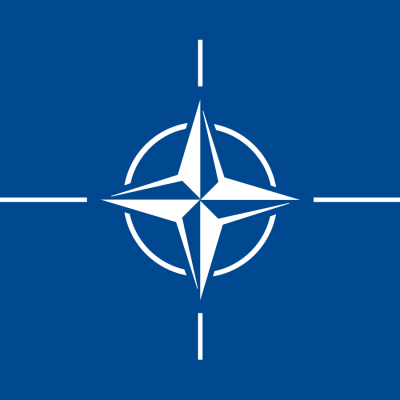
Historical North Atlantic Treaty Organization
Agenda Item:
1. Kardak Crisis
Established in 1949, NATO is a vital political and military alliance of North American and European nations. Its core mission is to enhance collective defense and promote extensive collaboration among member countries. In NATO committee sessions, representatives from these nations gather to discuss regional security, defense strategies, and international cooperation. This forum addresses various challenges like threat reduction, intelligence sharing, and coordinated military responses. The committee mainly operates by building consensus on policies, strengthening alliance unity, and safeguarding member states through diplomatic efforts and strategic planning.
The Kardak Crisis, occurring in 1996, centered around the contested sovereignty of Kardak/Imia islets in the Aegean Sea, pitting Greece against Turkey. This bilateral dispute, intensified by historical and territorial factors, led to heightened nationalist fervor and strained diplomatic ties. The crisis underscored the susceptibility of unresolved territorial issues to escalation and regional instability. NATO played a pivotal role in de-escalating tensions, with both Greece and Turkey being members of the alliance. The crisis highlights the significance of international mediation in defusing such conflicts and emphasizes the intricate balance between historical contexts and contemporary geopolitics.
Under-Secretary-General: Yüksel Çağlar Baypınar
Academic Assistant: Görkem Can Coşkun
Konferansa Gelen Yorumlar
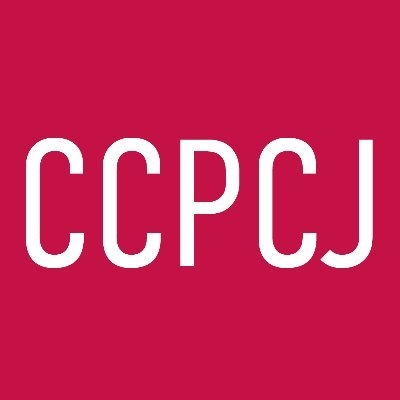
The Commission on Crime Prevention and Criminal Justice
Agenda Items:
1. Examining Transnational Organized Crime Networks and Their Impact on Global Security and Stability
2. Abolition of Capital Punishment and Approaching Alternative Imprisonment Strategies
Under-Secretary-General: Asmin Akıncı
Academic Assistant: Nazmi Güler
Konferansa Gelen Yorumlar
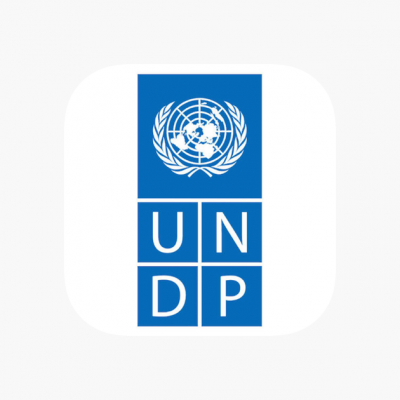
United Nations Development Programme
Agenda Items:
1. Strengthening Disaster Preparedness and Response in Member States
2. Evaluating the Current Situation of the Paris Climate Agreement and Achieving the Sustainable Development Goals
Climate change is a worldwide emergency that transcends national boundaries. It is an issue that calls for global collaboration and coordinated responses at every level. At the UN Climate Change Conference, member states reached an agreement known as the Paris Climate Agreement to combat climate change and its detrimental effects. All nations have committed to reduce their emissions and work together to mitigate the effects of climate change, and the Agreement encourages them to strengthen their commitments over time. The Paris Agreement creates a framework for transparent evaluation and disclosure of countries' climate goals while providing developed nations a chance to help developing countries in their efforts at climate mitigation and adaptation. The Sustainable Development Goals (SDGs) must be accomplished in order for the Agreement to be put into effect.
Disasters in general have been on the agenda of the United Nations since its establishment. Strengthening disaster preparedness is a global issue that needs to be addressed urgently due to recent examples of natural disasters affecting countries such as Turkey, Australia or the US State of Hawaii. From earthquakes to floods, from volcanic activity to forest fires, the United Nations and its persuasion of countries on how to prepare for many different disasters in many different situations, and on the overall importance and urgency of the situation, bears the responsibility for people's lives.
Under-Secretary-General: Emir Kaan Ahioğlu
Academic Assistant: Eylül Çoban
Konferansa Gelen Yorumlar
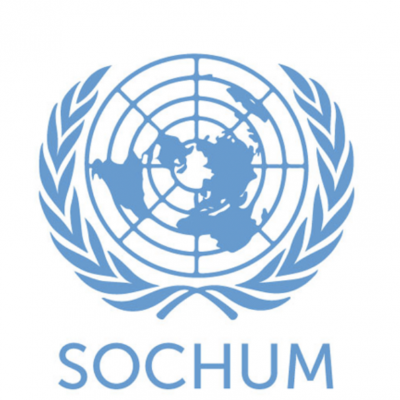
Social, Humanitarian, and Cultural Committee
Agenda Items:
1. Cultural Integration of Refugees
2. Radicalization and Countering Extremism
SOCHUM delegates will both discuss the cultural integration of refugees in order to consider urgent issues at the heart of compassion and assess solidarity in global society, and the radicalization and countering extremism. We are witnessing the mass displacement of people from their countries and homes, and the desire to integrate them into harmonious lives in different countries and societies with diverse cultural identities around the world. Delegates will engage in debate aimed at addressing the root causes of radicalization, including socio-economic disparities, lack of education, and political marginalization. By focusing on long-term solutions that promote inclusivity, social cohesion, and economic development, the committee aims to create an environment that is less susceptible to the allure of extremist ideologies. Through rigorous debate, negotiation, and collaboration, delegates will work toward formulating comprehensive resolutions that address the pressing global challenges posed by these phenomena.
Co Under-Secretary-General: Berin Emiroğlu
Co Under-Secretary-General: Pelin Onat
Konferansa Gelen Yorumlar
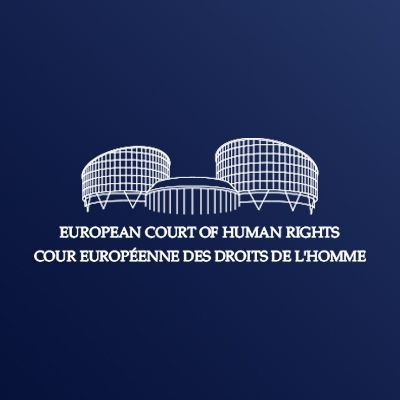
European Court of Human Rights
Agenda Item:
1. Polat v. Austria
In TED University Model United Nations 2024, the European Court of Human Rights will preside over the case of Polat v Austria, which centers around the sensitive matter of religion, culture, and the right to propose burial. The events began with the premature birth and death of the infant. Ms. Polat, the mother of the baby, objected to the post-mortem examination and despite her objection, the examination happened which led to the removal of the organs. These actions made it impossible to determine the sex of the baby which is critical for the religious burial customs. Before the European Court of Human Rights, the Regional Court ruled in favor of Ms. Polat, but the following appeals allowed the claims of the hospital. In the 2024 edition of TEDUMUN, judges will discuss the case of Polat v Austria in accordance with Right to respect for private and family life (Article 8) and Freedom of thought, conscience and religion (Article 9) of the European Convention on Human Rights.
Under-Secretary-General: Rovshana Ismayilova
Academic Assistant: Buğra Öksüz
Konferansa Gelen Yorumlar
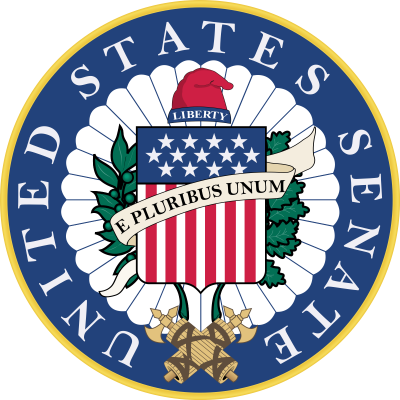
United States Senate
Agenda Items:
1. Criminalization of Flag Desecration
2. Ban on Transgender Participation in Athletic Competitions
The United States Senate is the upper chamber of the United States Congress, with the House of Representatives being the lower chamber. Together they compose the national bicameral legislature of the United States. The composition and powers of the Senate are established by Article One of the United States Constitution. Each of the 50 states is represented by two senators who serve staggered terms of six years, for a total of 100 senators. Since 1913, each senator has been elected by a statewide popular vote, as required by the Seventeenth Amendment. As the upper chamber of Congress, the Senate has several powers of advice and consent. These include the approval of treaties, and the confirmation of Cabinet secretaries, federal judges (including justices of the Supreme Court), flag officers, regulatory officials, ambassadors, other federal executive officials, and federal uniformed officers. Also, the Senate has the power to conduct impeachment trials and decide whether or not federal or judicial officers should be removed from office.
This year, Senators will debate the agenda items, Criminalization of Flag Desecration and the Ban on Transgender Participation in Athletic Competitions.
In the US Senate committee, participants will represent their State as Senators and debate and vote on legislative proposals.
Under-Secretary-General: Göktuğ Şirin
Academic Assistant: Edanur Kapaklıkaya








